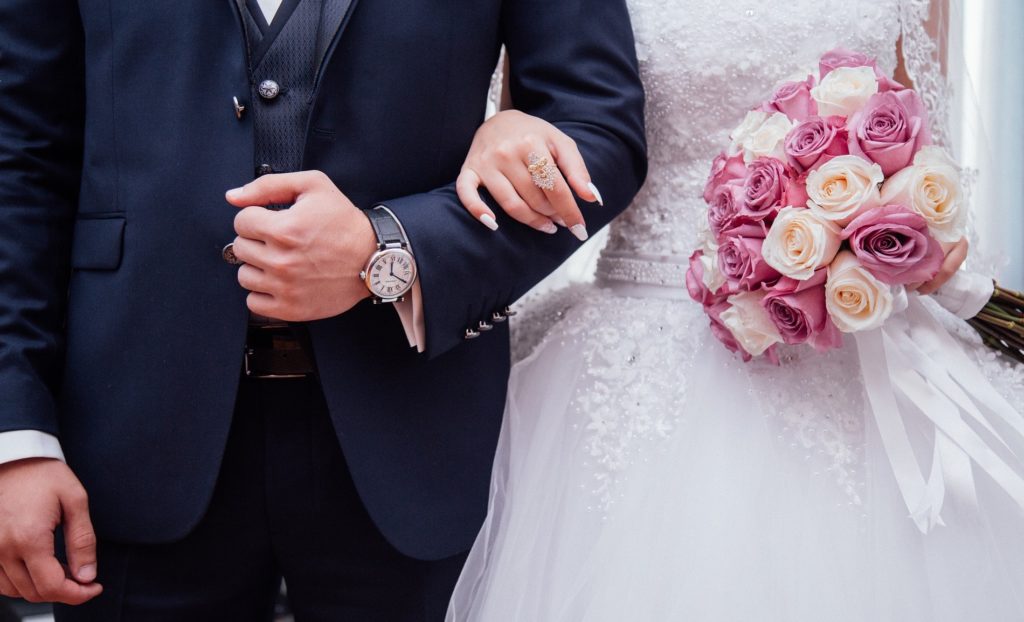Although we know that what underlies marriage is, almost always, an affective relationship, the Law defines, however, marriage as a “contract entered into between two people who intend to form a family through a full communion of life”.
Being a contract, marriage has rules. One of them is the equality of rights and duties of spouses; another is that the direction of the family belongs to both and “who must agree on the direction of life in common, taking into account the good of the family and the interests of both”.
As marriage is a long-term "contracted" project and, in addition to the love and happiness of the project of life together, future spouses/betrothed also have to think about the patrimonial relationships that come from marriage, the choice of one of the property regimes provided for in the Law to regulate the property relationship of spouses after marriage.
The Law provides for three property regimes so that spouses can choose what suits them best for their life together. One of them is the general community of goods, which consists in the community of all the goods, either the goods that each one possesses before the marriage, or the goods that they acquire, for consideration or free of charge, after the marriage.
Thus, assets inherited by the spouses, those left in their wills, as well as those that may be donated to them, in addition to those acquired with the product of their work, will be common assets.
On the other hand, the community of acquired goods consists of the community of goods acquired during the term of the marriage, in an onerous way with the product of their work.
The legislator drew a timeline that separates the patrimony existing before the marriage and the patrimony acquired during the marriage. Thus, the assets that each one already owned at the date of the marriage are considered their own assets.
After the wedding, only assets acquired by donation or by succession will be owned. The legislator understood that property acquired free of charge (by succession or donation) does not require a patrimonial effort by the couple to justify their integration into the mass of common property, even if, in the course of marriage, if a spouse acquires an asset with the proceeds of the sale of one's own good, the good acquired is also one's own.
In addition, there is also the possibility of opting for the separation of assets regime. This consists of the absolute separation of property, that is, there is no community of any property, whether acquired for consideration or free of charge, before or after the marriage. Each spouse retains control of all his possessions, whether present or future.
Whenever betrothed parties do not determine which property regime they intend to be in force after the marriage, according to the Law, the supplementary regime is in force, which is currently the regime of community of acquired property.
However, there are limitations in the choice of the property regime to be applied to the marriage, that is, the regime of the general community of property cannot be freely chosen by the betrothed, whenever one of the betrothed has children, not common, born before the marriage.
If one of the spouses has already completed 60 years of age on the date of marriage, he/she is legally subject to the regime of separation of property.
If you intend to contract a marriage, consult, in advance, a Solicitor in order to consciously choose the property regime that best suits you for the marriage.
Author: Natércia Reiga is Solicitor and Enforcement Agent




















Comments